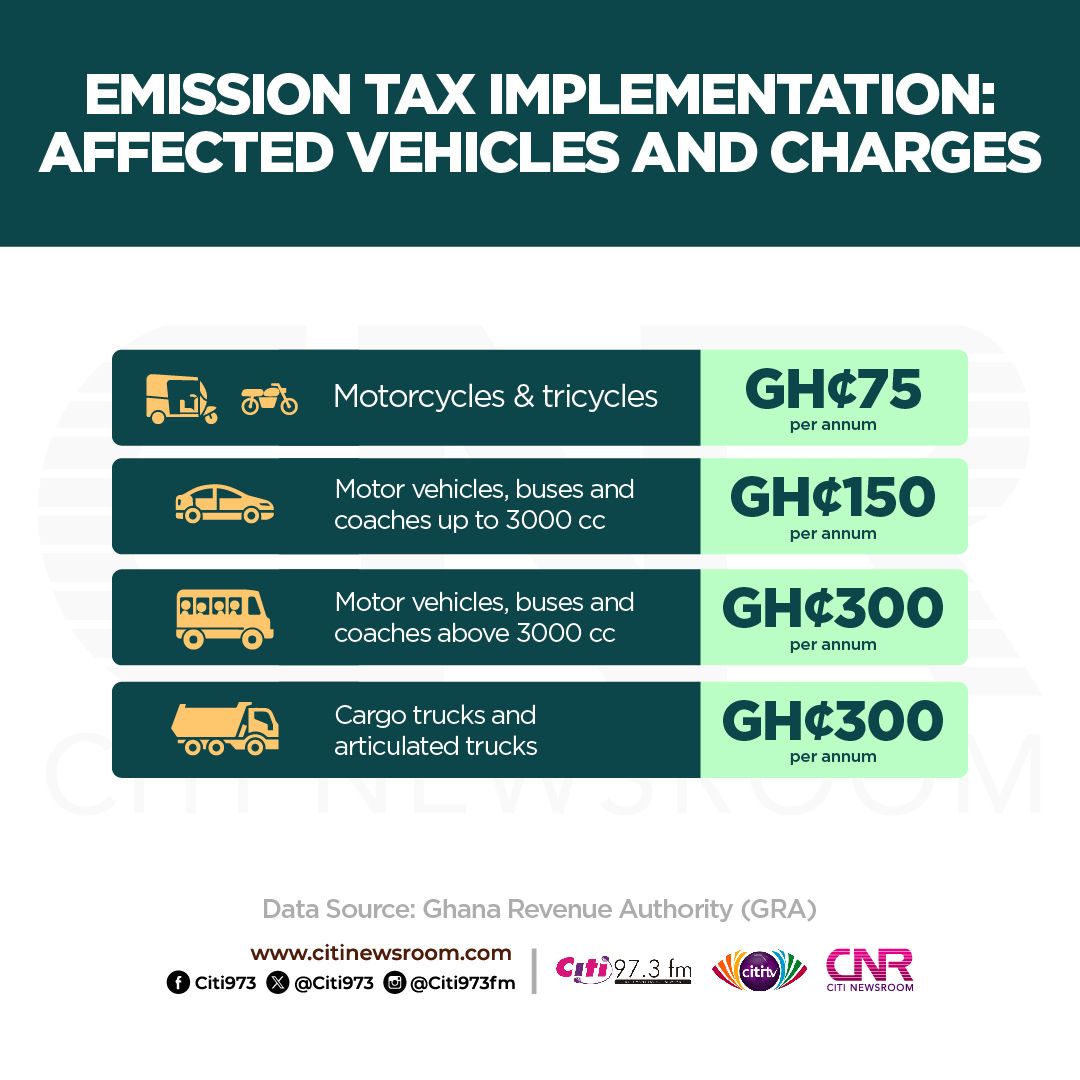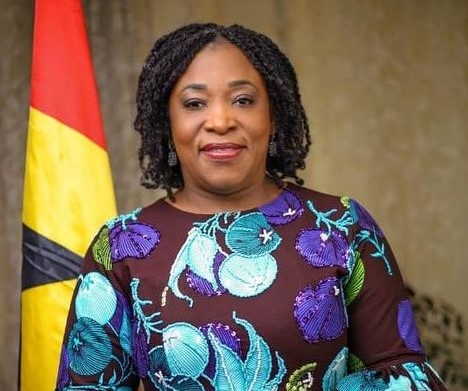
The Institute of Fiscal Studies (IFS) has urged the government to remain vigilant in its quest to stabilise the hard-hit economy that is still weak and fragile.
According to the IFS, owing to the economic crisis and its attendant negative impact on the economy, the government and political parties, while campaigning, must “choose prudence over populism.”
“Given that the economy remains weak and fragile, this is not the time to celebrate but the time to remain vigilant,” said the IFS on Wednesday, August 14, 2024 at a policy briefing in Accra.
It was the IFS’ review of Ghana’s present fiscal and macro-economic performance with reference to the 2024 mid-year fiscal policy review of the government.
Senior Research Fellow at the IFS, Dr. Said Boakye, who presented the policy brief, outlined some recommendations to the government after demonstrating how weak and fragile the economy is, despite the measures put in place.
Among others, he cited the ease of inflation from what he described as the multi-decade record level in 2022, as well as the cedi avoiding the high volatility, to urge the government not to be self-satisfied.
“As clearly shown, all the relevant macro-economic indicators are still presently performing much below par, relative to recent historical trends. The government should not, therefore, behave as if all is well,” Dr. Boakye suggested.
The IFS said the fragile state of the economy should rather be made to inform policy choices of the government.
“This requires it to choose prudence over populism, even as it campaigns for power in this year’s elections. Thus, politicisation of economic policy decisions and choices must stop,” he opined.
REVENUE POLICY
Dr. Said Boakye recommended to the government to adopt more concrete revenue policies and measures to increase revenue. He argued that the government’s policies so far have not led to a significant increase in revenue, relative to GDP.
He cited taxation and suggested to the government to focus more on plugging revenue gaps, by closing revenue leakages and improving collection, frowning on subjecting the weak economy to more taxes.
On the subject of revenue, Dr. Boakye, in answering a question on the abolishment of the E-Levy and Betting taxes, as promised by the two leading presidential aspirants, Dr. Mahamudu Bawumia and John Dramani Mahama, advocated an alternative.
He stated that, though scrapping E-Levy, for instance, would benefit him, as someone who partronises electronic transactions, his experience as an Economist pushes him to caution those making such pledges.
Dr. Said Boakye would rather they identify another means of generating revenue, arguing that scrapping the existing source with no alternative, may leave a gap.
FISCAL INSTABILITY
The IFS also recommended to the government to address the underlying drivers of fiscal instability and unsustainability to ensure enduring improvements. The institute argued that the debt reliefs due to the debt restructuring are temporary.
The IFS advocated deliberate measures to tackle the negative fiscal fundamentals, like low revenue generation, excessive fiscal rigidities, corruption, and politically induced spending decisions, to ensure in-depth improvement in fiscal performance on a long-term basis.
This, the IFS said, will in turn help minimize the excessive domestic financing of the budget and thus address its concerning growth and unemployment effects.
EXPENDITURE
The IFS also recommended to the government to rein in expenditure to meet revenue performance, despite 2024 being an election year.
Dr. Said Boakye said it should be done by adjusting the spending program in the 2024 budget to always match revenue collections so that fiscal slippage does not occur. The institute made this recommendation, predicting that the total revenue and grants outturn will “most likely” be far below its revised target in 2024.
REVIEW PROGRAMS
The IFS also recommended to the government to speed up the promised review of its flagship programs to reduce expenditure, observing that it was delaying despite the government’s promise to review these flagship programs as part of the IMF program.
“The government should understand that given the temporary nature of the positive effects of the debt reliefs, this measure is needed to help strengthen the fiscal position. A stronger fiscal position, in turn, will facilitate a more robust macroeconomic recovery in the near term,” Dr. Said Boakye stated.
Meanwhile, the IFS could not predict how long it would take the economy to stabilize, suffice it to say, they hinged the duration on the discipline of the government towards prudent measures.
The post Campaign On Prudence Not Populism -IFS Urges Gov’t appeared first on The Ghanaian Chronicle.
Read Full Story












Facebook
Twitter
Pinterest
Instagram
Google+
YouTube
LinkedIn
RSS